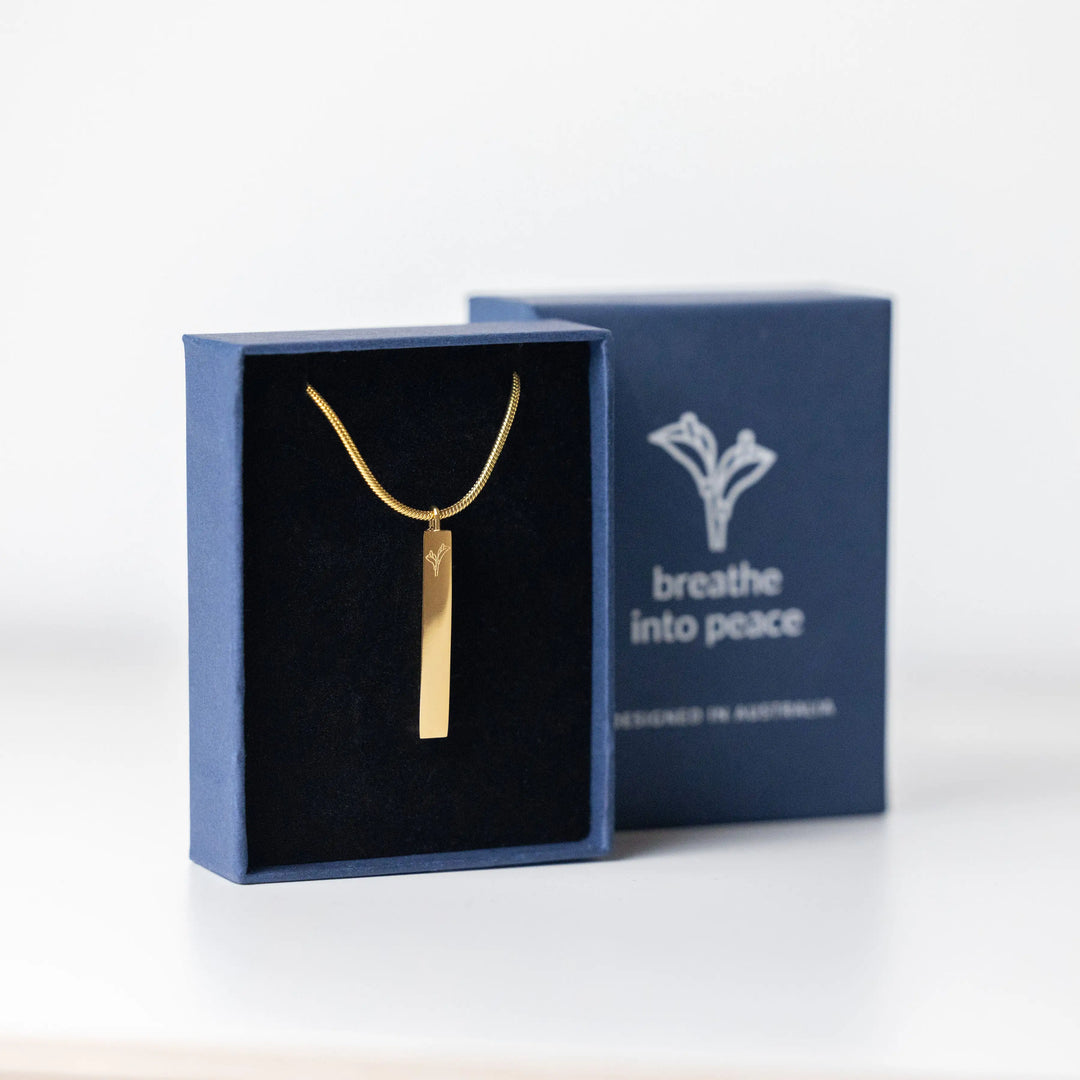Mindfulness and Mental Health: Benefits and Practices
In today’s fast-paced world, mental health has become a major concern. As individuals navigate the demands of work, social obligations, and personal expectations, the pressure can lead to stress, anxiety, depression, and other mental health issues. Amidst these challenges, mindfulness has emerged as an increasingly popular tool to help individuals cultivate emotional well-being. Grounded in ancient Buddhist practices, mindfulness encourages a non-judgmental awareness of the present moment. This article explores the benefits of mindfulness for mental health and the practices that can help individuals incorporate mindfulness into their lives.
What is Mindfulness?
Mindfulness refers to the practice of paying deliberate attention to the present moment without judgment. This includes being aware of your thoughts, emotions, bodily sensations, and the surrounding environment. While mindfulness has roots in Buddhism, it has been adapted into secular practices in recent years. The modern understanding of mindfulness is focused on cultivating awareness and acceptance of one’s experiences as they occur, rather than becoming overwhelmed by them or trying to avoid them.
Mindfulness encourages individuals to observe their thoughts and emotions without attaching labels or judgments, which helps reduce the impact of negative or intrusive thoughts on their overall well-being.
The Benefits of Mindfulness for Mental Health
Mindfulness offers a variety of psychological and emotional benefits, particularly for those struggling with mental health challenges. Here are some of the key benefits:
1. Reducing Stress
One of the most well-documented benefits of mindfulness is its ability to reduce stress. By focusing on the present moment and engaging in deep breathing exercises, individuals can activate the parasympathetic nervous system, which helps calm the body’s stress response. Mindfulness practices encourage individuals to focus on what is happening right now, rather than worrying about past events or future uncertainties. This shift in focus can lead to a sense of relaxation and peace.
Numerous studies have shown that mindfulness-based interventions, such as Mindfulness-Based Stress Reduction (MBSR), are effective in reducing symptoms of stress and anxiety in both clinical and non-clinical populations.
2. Improving Emotional Regulation
Mindfulness helps individuals become more aware of their emotions and how they affect their thoughts and behaviors. By practicing mindfulness, people can learn to identify emotional triggers and respond in healthier ways. For example, when feeling anxious or angry, a mindful approach might involve observing those emotions without judgment, allowing them to pass without acting impulsively.
This increased emotional awareness allows individuals to recognize patterns in their emotional responses and make intentional choices about how to react to various situations. Over time, mindfulness can lead to improved emotional regulation and greater resilience in the face of challenges.
3. Reducing Symptoms of Anxiety and Depression
Mindfulness has been shown to be particularly effective in managing symptoms of anxiety and depression. Research indicates that mindfulness-based interventions, such as Mindfulness-Based Cognitive Therapy (MBCT), can help individuals with depression by teaching them to observe negative thoughts without engaging with them. This prevents the cycle of rumination—a common contributor to depressive feelings.
For those with anxiety, mindfulness helps individuals confront their anxious thoughts without avoiding or suppressing them. By observing anxiety-provoking thoughts and letting them pass without judgment, people can reduce the intensity and frequency of anxiety symptoms over time.
4. Enhancing Self-Compassion
Mindfulness encourages an attitude of self-compassion, where individuals treat themselves with kindness and understanding, especially during difficult moments. Many people with mental health issues are their own harshest critics, which can exacerbate feelings of shame, guilt, and self-doubt. Mindfulness practices can help break this cycle by fostering a non-judgmental attitude toward oneself.
When individuals practice mindfulness, they can learn to accept their imperfections and acknowledge that everyone experiences difficult emotions. This can be empowering, as it helps reduce feelings of isolation and increases self-worth.
5. Improving Focus and Cognitive Function
Another benefit of mindfulness is its ability to improve focus, concentration, and cognitive function. Research has shown that regular mindfulness practice can increase gray matter in the brain, particularly in areas responsible for attention, emotional regulation, and decision-making. This means that mindfulness can help individuals stay present and focused, even in the midst of distractions, which can be especially helpful for those experiencing attention-related disorders such as ADHD.
Mindfulness Practices for Mental Health
There are several mindfulness practices that individuals can incorporate into their daily lives to reap the mental health benefits of mindfulness. Here are some simple yet effective techniques:
1. Breathing Exercises
Focusing on the breath is one of the easiest and most effective ways to practice mindfulness. You can try sitting in a comfortable position and bringing your attention to your breath as it enters and exits your body. When your mind starts to wander, gently bring it back to your breath without judgment. This practice helps to center your attention and calm the nervous system.
2. Body Scan Meditation
A body scan involves mentally scanning your body from head to toe, paying attention to any sensations or areas of tension. This practice can help you become more aware of physical discomfort and promote relaxation. Body scan meditations are often used to help individuals relax before sleep or reduce stress throughout the day.
3. Mindful Walking
Mindful walking involves bringing attention to the experience of walking, noticing each step, the movement of your body, and the sensations in your feet as they make contact with the ground. This practice can be done during a short walk outside or even while moving around the house or office. It’s a great way to incorporate mindfulness into daily activities.
4. Mindful Eating
Mindful eating encourages individuals to savor each bite of food, paying attention to the taste, texture, and smell of the food. This practice helps break the cycle of mindless eating, which can often lead to overeating or unhealthy food choices. By practicing mindful eating, you can also cultivate a deeper appreciation for food and improve your relationship with eating.
5. Guided Meditation
For beginners, guided meditation can be a helpful tool to introduce mindfulness. Many apps and online platforms offer guided meditation sessions, where an instructor leads you through various mindfulness exercises. These sessions can range from a few minutes to an hour, and they can help you build a regular mindfulness practice.
Conclusion
Mindfulness is a powerful tool for enhancing mental health and well-being. By cultivating awareness of the present moment and practicing non-judgment, individuals can reduce stress, improve emotional regulation, and manage symptoms of anxiety and depression. Incorporating mindfulness practices into daily life, such as breathing exercises, body scans, and mindful walking, can provide lasting mental health benefits. As more research supports the positive effects of mindfulness, it’s clear that this ancient practice can play a significant role in modern mental health care.
To find out more about life and mental wellness methods, register for our Breathe Into Peace Workshop.
https://breatheintopeace.com/pages/private-workshop
https://breatheintopeace.com/pages/private-therapy





Leave a comment